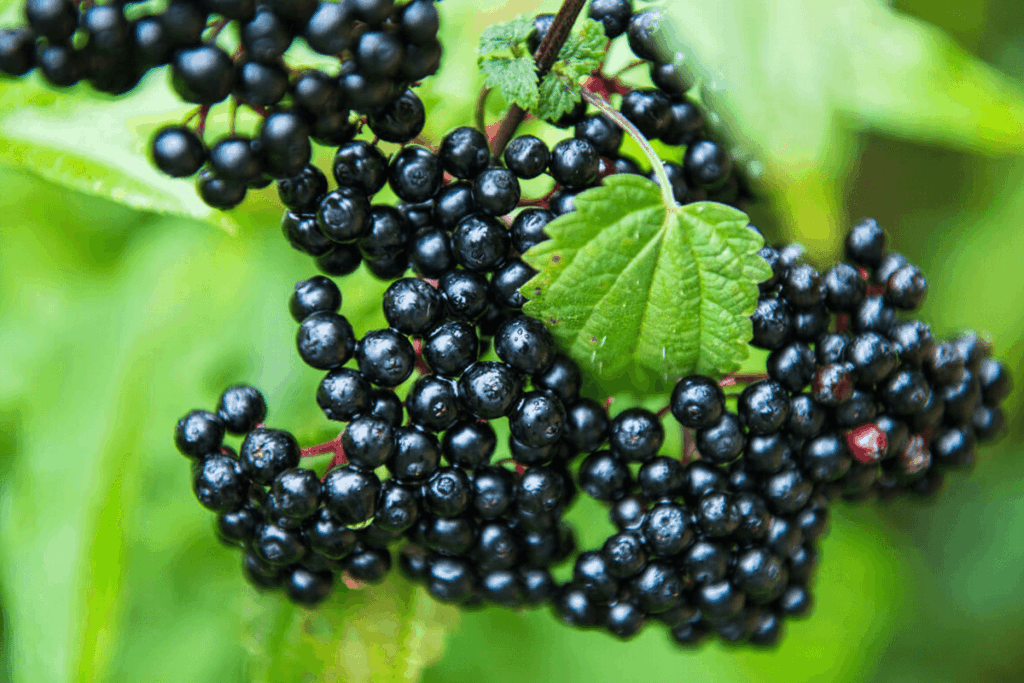Understanding upper respiratory tract infections
Most acute upper respiratory tract infections are viral and do not require antibiotics. These infections are contagious and are among the most common reasons people see their healthcare practitioner, especially during the months of October through May, which is referred to as “cold and flu season”. The International Classification of Diseases (ICD-10) describes this condition as an infectious process that affects the upper respiratory tract and includes symptoms of congestion, sneezing, coughing, fever, and sore throat. (6)According to the Centers for Disease Control and Prevention (CDC), most adults get two to three colds per year which last approximately seven to ten days, while children tend to experience them more frequently. (2)
Because these types of infections are typically viral in nature, prevention and symptom management are important factors in their management.
Prevention of upper respiratory tract infection
Proactive prevention of infections should include ongoing respiratory care through diet, lifestyle, and dietary supplements. Focusing on enhancing immunity provides a better chance of making it through cold and flu season unscathed. Consuming foods high in antioxidant vitamins is a great place to start. These include citrus fruits, berries, broccoli, spinach, peppers, garlic, and green tea. Conversely, fried foods, sugar, and processed foods can weaken the immune system. (10)
Supplements to help prevent upper respiratory infections
In addition to eating a healthy diet and being consistently physically active, supplements may help with the prevention of infection. Research has shown that vitamins D, C, and zinc, and the herb echinacea are beneficial in reducing the risk of upper respiratory infections. (11)Vitamin C
While there is some research showing that vitamin C intake can help reduce the severity and duration of the common cold, most of the research shows that it can help reduce risk. In one study involving people under high physical stress (athletes and soldiers), regular vitamin C supplementation decreased the risk of developing the common cold by 50%, and in other studies, there was an 8% reduction in adults and a 14% reduction in children. (1)The authors of a 2016 review concluded that the biggest benefit gained from vitamin C supplementation is within 24 hours of the first symptoms of the common cold and continuation for at least five days to reduce risk of developing a worsened condition. (1) A 2005 double-blind, five-year randomized controlled trial showed that vitamin C supplementation significantly reduced the frequency of the common cold in adults. (12)
Vitamin D
A 2017 systematic review and meta-analysis found that vitamin D helped protect against acute respiratory infection, especially in study participants who were vitamin D deficient. (9)Zinc
Zinc supplementation can also help reduce the risk of upper respiratory tract infections. A 2009 double-blind, placebo-controlled trial featuring 200 second grade children found that 10 mg of zinc sulfate taken daily for five months provided significant protection against the common cold. (14)Echinacea
Echinacea is an herb often used to reduce the risk of infection, and evidence does show a small reduction in cold frequency with the use of this supplement. (7)Probiotics
Finally, probiotics have also been shown to be protective. According to a 2015 Cochrane review, probiotics are superior to a placebo in reducing the risk of upper respiratory tract infections. (4)Symptom management
Reducing the severity and duration of an acute upper respiratory tract infection is a key treatment goal. The previously mentioned supplements may help with this objective, but more research is needed to confirm these effects.Elderberry for upper respiratory tract infection
There is strong clinical evidence that elderberry supplements can help reduce the duration and severity of an upper respiratory tract infection. A 2016 randomized, double-blind, placebo-controlled clinical trial involving intercontinental air travelers found that those who took elderberry had significantly fewer colds than the placebo group. Those who did develop a cold had less severe symptoms and their infection didn’t last as long as those who took the placebo. (13) The researchers commented that this was especially significant because air travelers tend to have more stress, especially on their respiratory systems.
The bottom line
Everybody knows that getting an upper respiratory tract infection is not fun. Within 24 hours after the first sign of infection, it may be wise to start taking some of the targeted nutrients mentioned, including elderberry for symptom management. Fortunately, by supporting the immune system with a healthy diet, exercise, and dietary supplements, the common cold can become “not so common” after all!- Bucher, A., & White, N. (2016). Vitamin C in the Prevention and Treatment of the Common Cold. American journal of lifestyle medicine, 10(3), 181–183.
- Centers for Disease Control and Prevention. (2019, Feb 11). Common colds: protect yourself and others. https://www.cdc.gov/rhinoviruses/about/index.html
- Chubak, J., McTiernan, A., Sorensen, B., Wener, M.H., Yasui, Y., Velasquez, M., Wood, B., Rajan, K. B., Wetmore, C. M., Potter, J. D., Ulrich, C. M. (2006). Moderate-intensity exercise reduces the incidence of colds among postmenopausal women. The American Journal of Medicine, 119(11), 937-942.
- Hao, Q., Don, B. R., Wu, T. (2015). Probiotics for preventing acute upper respiratory tract infections. Cochrane Database Syst Rev, 3(2).
- Hawkins, J., Baker, C., Cherry, L., Dunne, E. (2019). Black elderberry (Sambucus nigra) supplementation effectively treats upper respiratory symptoms: a meta-analysis of randomized, controlled clinical trials. Complemet Ther Med, 42, 361-365.
- ICD-10-CM Codes. (Accessed 2020, February 25). https://www.icd10data.com/ICD10CM/Codes/J00-J99/J00-J06/J06-/J06.9
- Karsch-Völk, M., Barrett, B., & Linde, K. (2015). Echinacea for preventing and treating the common cold. JAMA, 313(6), 618–619.
- Lee, H. K., Hwang, I. H., Kim, S. Y., & Pyo, S. Y. (2014). The effect of exercise on prevention of the common cold: a meta-analysis of randomized controlled trial studies. Korean journal of family medicine, 35(3), 119–126.
- Martineau, A. R., Jolliffe, D. A., Hooper, R. L. (2017). Vitamin D supplementation to prevent acute respiratory infections: systematic review and meta-analysis of individual participant data. BMJ, 356.
- Myles I. A. (2014). Fast food fever: reviewing the impacts of the Western diet on immunity. Nutrition journal, 13, 61. https://www.ncbi.nlm.nih.gov/pmc/articles/PMC4074336/
- Rondanelli, M., Miccono, A., Lamburghini, S., Avanzato, I., Riva, A., Allegrini, P., Faliva, M. A., Peroni, G., Nichetti, M., & Perna, S. (2018). Self-Care for Common Colds: The Pivotal Role of Vitamin D, Vitamin C, Zinc, and Echinacea in Three Main Immune Interactive Clusters (Physical Barriers, Innate and Adaptive Immunity) Involved during an Episode of Common Colds-Practical Advice on Dosages and on the Time to Take These Nutrients/Botanicals in order to Prevent or Treat Common Colds. Evidence-based complementary and alternative medicine: eCAM, 2018, 5813095.
- Sasazuki, S., Sasaki, S., Tsubono, Y., Okubo, S., Hayashi, M., Tsugane, S. (2005). Effect of vitamin c on common cold: randomized controlled trial. EJCN, 60, 9-17. https://www.nature.com/articles/1602261
- Tiralongo, E., Wee, S. S., & Lea, R. A. (2016). Elderberry Supplementation Reduces Cold Duration and Symptoms in Air-Travellers: A Randomized, Double-Blind Placebo-Controlled Clinical Trial. Nutrients, 8(4), 182.
- Vakili, R., Vahedian, M., Khodaei, G., Mahmoudi, M. (2009). Effects of zinc supplementation in occurrence and duration of common cold in school aged children during cold season: a double-blind placebo-controlled trial. Iranian Journal of Pediatrics, 19(4), 376-380. http://www.bioline.org.br/pdf?pe09044





